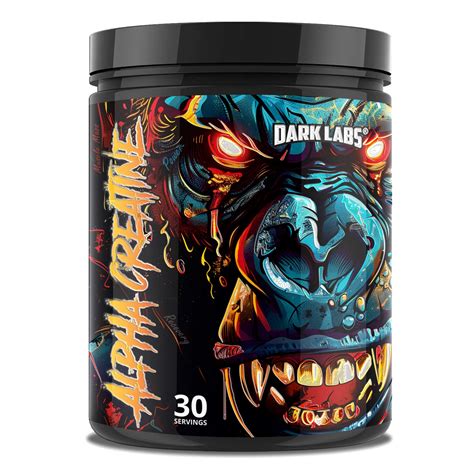Optimal recovery strategies for peak muscle growth & performance?

When it comes to building muscle and enhancing athletic performance, the focus often heavily gravitates towards training intensity and programming. However, true progress isn’t made in the gym; it’s made during the crucial hours and days that follow. Optimal recovery is not merely rest; it’s a dynamic, multi-faceted process that dictates your body’s ability to repair, adapt, and grow stronger.
The Foundation of Muscle Recovery and Performance
To truly unlock your body’s potential for muscle hypertrophy and peak performance, you must prioritize and strategize your recovery. This involves a holistic approach that extends beyond simply taking a day off, integrating various pillars that support physiological repair and mental well-being.

1. Strategic Nutrition: The Fuel for Repair
What you eat plays a direct and critical role in your body’s ability to recover and rebuild. Post-workout nutrition is essential for replenishing glycogen stores, repairing muscle tissue, and reducing inflammation.
- Protein: Adequate protein intake (e.g., 1.6-2.2g per kg body weight) provides the amino acids necessary for muscle protein synthesis, the process of repairing and building new muscle fibers. Distribute protein intake throughout the day.
- Carbohydrates: Post-exercise carbs are vital for replenishing muscle glycogen, which is depleted during intense workouts. This provides energy for future training sessions and aids in recovery.
- Healthy Fats: Essential fatty acids, particularly Omega-3s, play a role in reducing inflammation and supporting overall cellular health.
- Hydration: Water is crucial for nutrient transport, temperature regulation, and joint lubrication. Dehydration can significantly impair performance and recovery.

2. The Unrivaled Power of Sleep
Often overlooked, sleep is arguably the single most powerful recovery tool. During deep sleep stages, your body releases growth hormone, which is critical for tissue repair and muscle growth. Furthermore, sufficient sleep helps regulate cortisol (stress hormone) levels and improves cognitive function.
- Hormone Regulation: Supports the release of anabolic hormones like growth hormone and testosterone, while minimizing catabolic hormones.
- Tissue Repair: Promotes cellular repair and regeneration.
- Cognitive Benefits: Improves focus, decision-making, and motivation for subsequent workouts. Aim for 7-9 hours of quality sleep per night.

3. Active Recovery and Mobility
While rest days are important, incorporating active recovery can significantly enhance blood flow, reduce muscle soreness, and improve flexibility without adding significant stress to the body. This helps flush out metabolic waste products and deliver fresh nutrients to damaged tissues.
- Light Cardio: Gentle activities like walking, cycling, or swimming for 20-30 minutes.
- Stretching and Foam Rolling: Improves flexibility, range of motion, and can alleviate muscle tightness and knots.
- Yoga or Pilates: Enhances core strength, flexibility, and body awareness.

4. Managing Stress: Beyond the Gym
Chronic stress, whether from workouts, work, or personal life, elevates cortisol levels. Persistently high cortisol can hinder muscle growth, increase fat storage, and suppress the immune system. Integrating stress-reduction techniques is vital for holistic recovery.
- Mindfulness & Meditation: Helps calm the nervous system and reduce perceived stress.
- Hobbies & Downtime: Engaging in enjoyable activities outside of training provides mental breaks.
- Social Connection: Strong social ties can be a significant buffer against stress.
5. Targeted Supplementation (When Appropriate)
While whole foods should always be the foundation, certain supplements can complement your recovery efforts, especially if there are dietary gaps or specific performance goals.
- Creatine: Enhances strength and power, and supports muscle recovery by increasing ATP regeneration.
- Whey Protein/Casein: Convenient sources of high-quality protein for muscle repair.
- BCAAs/EAAs: May aid in reducing muscle soreness and supporting muscle protein synthesis.
- Magnesium: Important for muscle function, nerve transmission, and sleep quality.
- Omega-3 Fatty Acids: Known for their anti-inflammatory properties.

Consistency and Individualization are Key
No single recovery strategy fits everyone perfectly. It’s crucial to listen to your body, track your progress, and adjust your approach based on how you feel and perform. Consistency in applying these strategies is paramount for long-term gains in muscle growth and athletic performance. By treating recovery as an active and integral part of your training regimen, you create the optimal environment for your body to adapt, rebuild, and ultimately surpass your previous limits.







